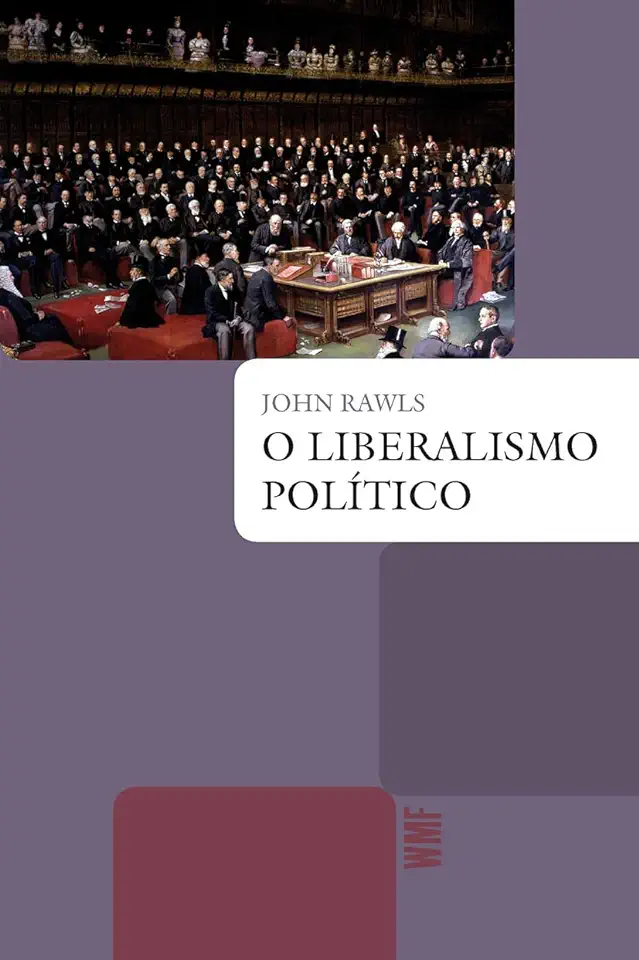
Political Liberalism - John Rawls
Political Liberalism: A Theory of Justice
In his seminal work, "Political Liberalism," John Rawls presents a comprehensive and compelling theory of justice that seeks to reconcile the principles of individual liberty and social equality. Drawing upon the rich tradition of political philosophy, Rawls constructs a framework for a just and stable society that respects the diversity of human values and beliefs.
The Original Position and the Veil of Ignorance
At the heart of Rawls' theory is the concept of the original position, a hypothetical scenario in which individuals are tasked with designing a just society from behind a "veil of ignorance." This veil obscures their knowledge of their own personal circumstances, social status, and natural endowments, ensuring that the principles they choose are based on fairness and impartiality.
The Two Principles of Justice
From the original position, Rawls argues that rational and self-interested individuals would agree to two fundamental principles of justice:
- The Liberty Principle: Each person is entitled to the most extensive basic liberties compatible with a similar liberty for others.
- The Difference Principle: Social and economic inequalities are only justified if they benefit the least advantaged members of society.
These principles prioritize individual freedom while also recognizing the importance of addressing social inequalities. They provide a framework for a society that respects both liberty and equality, ensuring that the rights and opportunities of all citizens are protected.
Public Reason and the Overlapping Consensus
Rawls further develops his theory by introducing the concept of public reason, a mode of discourse that relies on shared political values rather than comprehensive religious or philosophical doctrines. He argues that a just society should be based on an overlapping consensus, where citizens can agree on the principles of justice even if they hold different comprehensive doctrines.
This emphasis on public reason allows for a pluralistic society that accommodates diverse beliefs and values while still maintaining a shared commitment to justice. It provides a foundation for political stability and cooperation, even in the face of deep ideological differences.
The Role of Institutions
Rawls also explores the role of institutions in upholding the principles of justice. He argues that a just society requires a constitutional framework that protects individual rights and liberties, as well as a system of laws and policies that promote social and economic equality.
These institutions should be designed to ensure that the benefits of social cooperation are distributed fairly and that the least advantaged members of society are not left behind. Rawls emphasizes the importance of democratic participation and public deliberation in shaping these institutions, ensuring that they are responsive to the needs and concerns of all citizens.
A Vision of a Just Society
"Political Liberalism" presents a powerful and persuasive vision of a just society, one that respects individual liberty, promotes social equality, and accommodates diverse beliefs and values. Rawls' theory provides a framework for political discourse and institutional design that can help us build a more just and equitable world.
Why You Should Read Political Liberalism
"Political Liberalism" is a must-read for anyone interested in political philosophy, social justice, and the foundations of a just society. Rawls' work offers a rigorous and insightful analysis of the principles of justice and their implications for political institutions. It is a seminal work that has profoundly influenced contemporary political thought and continues to inspire scholars, policymakers, and activists in their pursuit of a more just and equitable world.
Whether you are a student of political theory, a policymaker, or simply a concerned citizen, "Political Liberalism" is an essential resource that will challenge your thinking and deepen your understanding of the complex issues surrounding justice and equality.